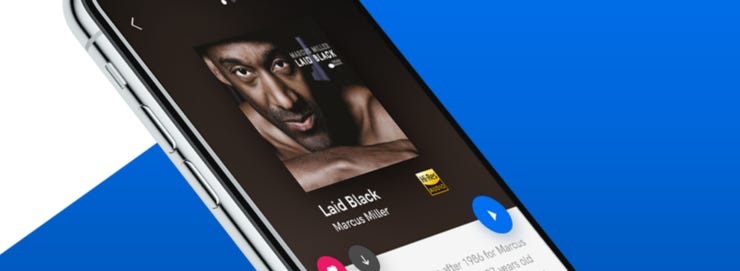Qobuz, a French music streaming company with operations across Europe, plans to launch its high-resolution service in the U.S. in 2019.
Half a year after launching its standalone music-streaming service, YouTube is following the lead of its competitors and rolling out student pricing.
So far it includes radio stations from 53 different cities…
Tidal, a music streaming service that offers songs in "lossless" audio format, has officially been released to the Microsoft Store.
All of this raises the question: in a world where art can be manufactured on-demand to a user’s precise specifications, what is the role of the artist?
In a flurry of activity over the last few week, the Copyright Royalty Board has cemented some previous determinations for on-demand services and background music services and amended some of its regulations for rate determinations made this year.
US companies have successfully lobbied and litigated extensively for pirate site blockades around the world. On their home turf, the issue was categorically avoided following the SOPA outrage several years ago. It now appears that this position is slowly beginning to change.
In a bid to boost the service's profitability in the long run, Spotify CEO Daniel Ek has revealed plans to introduce tools for artists.
A new app called Playlist aims to make music a more social experience than what’s offered today by the major music platforms like Apple Music, Pandora or Spotify, for example.
As Spotify adds Publishing Analytics, Eamonn Forde examines what this might mean for publishers and songwriters.
If Spotify's expanding into India, its investors should prepare themselves for a tough challenge ahead.




